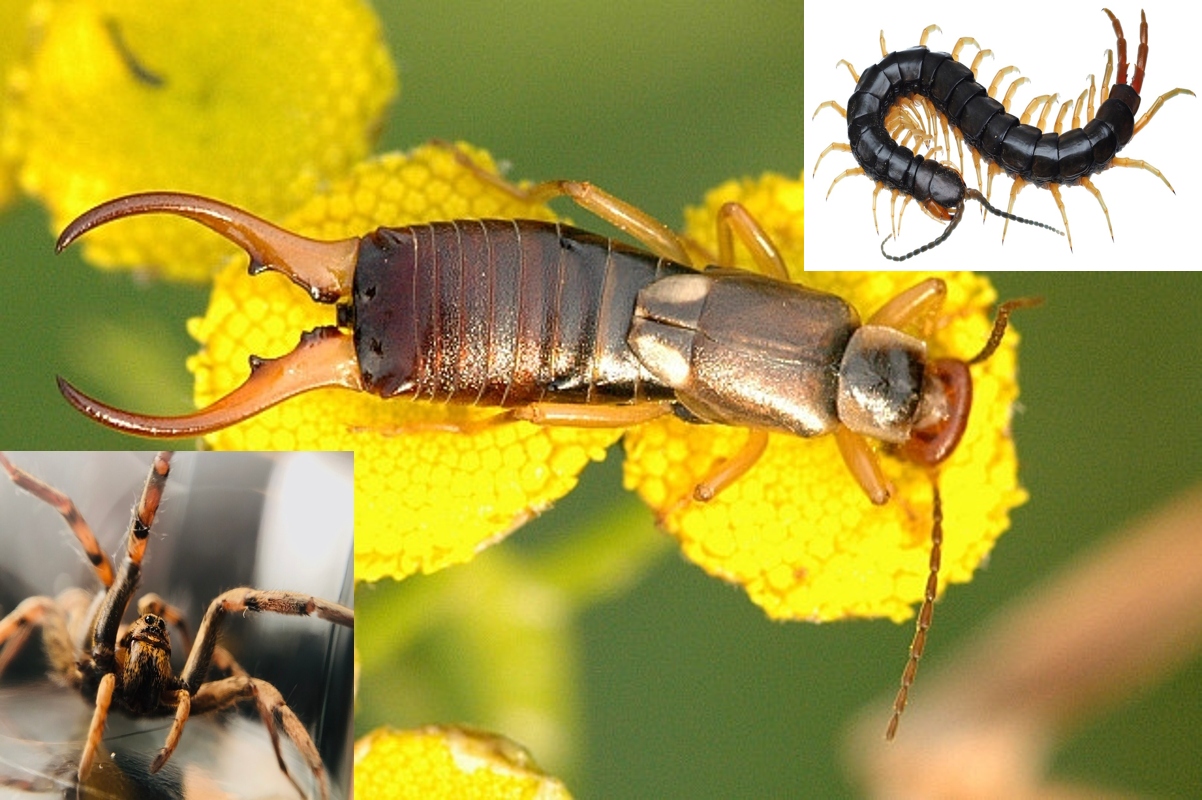In an era of increasing awareness about sustainable living and natural pest control, the presence of insects like earwigs, centipedes, and spiders in our homes and gardens is being re-evaluated. While these creatures may initially appear menacing, they play significant roles in maintaining ecological balance. Earwigs, for instance, though often found lurking in moist, dark corners of our homes, offer substantial benefits to our gardens. They are natural pest controllers, feasting on insect eggs and larvae, and aiding in waste decomposition, thereby enriching the soil.
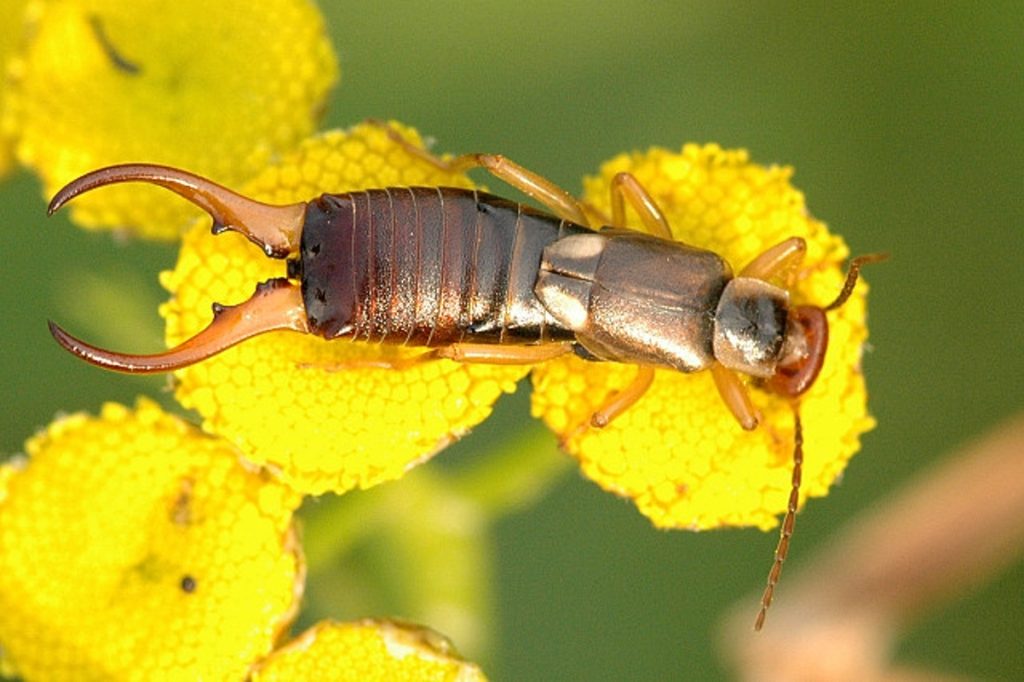
For those who find earwigs within their homes, a humane relocation method can be quite effective. Using simple cardboard traps, such as a dampened cardboard tube or a rolled-up newspaper, can help collect earwigs without harming them. Once these insects gather inside the moist traps, homeowners can transport them to their gardens where they can continue their beneficial activities. This approach not only helps in managing earwig populations indoors but also leverages their natural pest control abilities outdoors.
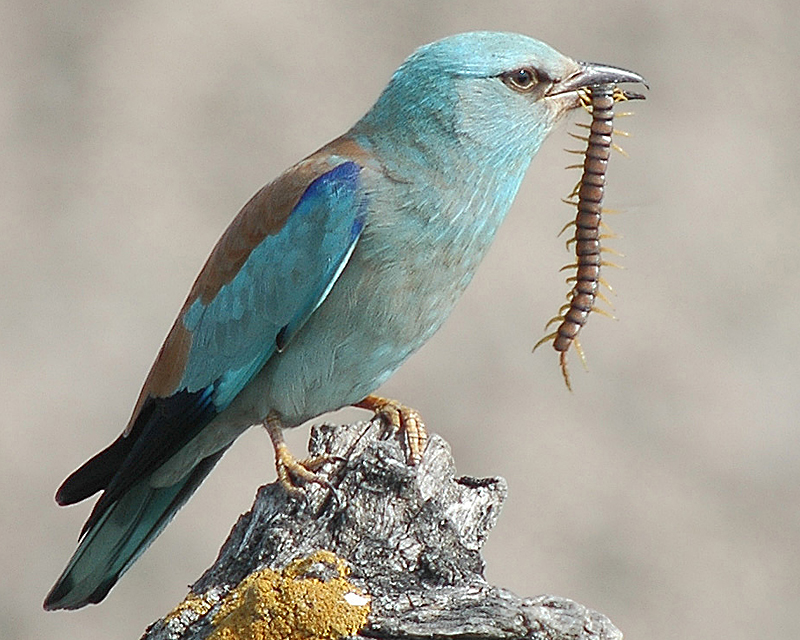
Centipedes, another misunderstood creature, often elicit fear due to their many legs and swift movements. However, these arthropods are valuable allies in pest control. Centipedes prey on a variety of household pests, including silverfish, firebrats, beetle larvae, cockroaches, and spiders. Their presence in a home can indicate an underlying pest problem, as centipedes are attracted to areas with ample food sources. Typically found near cracks in concrete, floor drains, and cool, damp areas like crawl spaces, centipedes help keep the population of more bothersome pests in check.
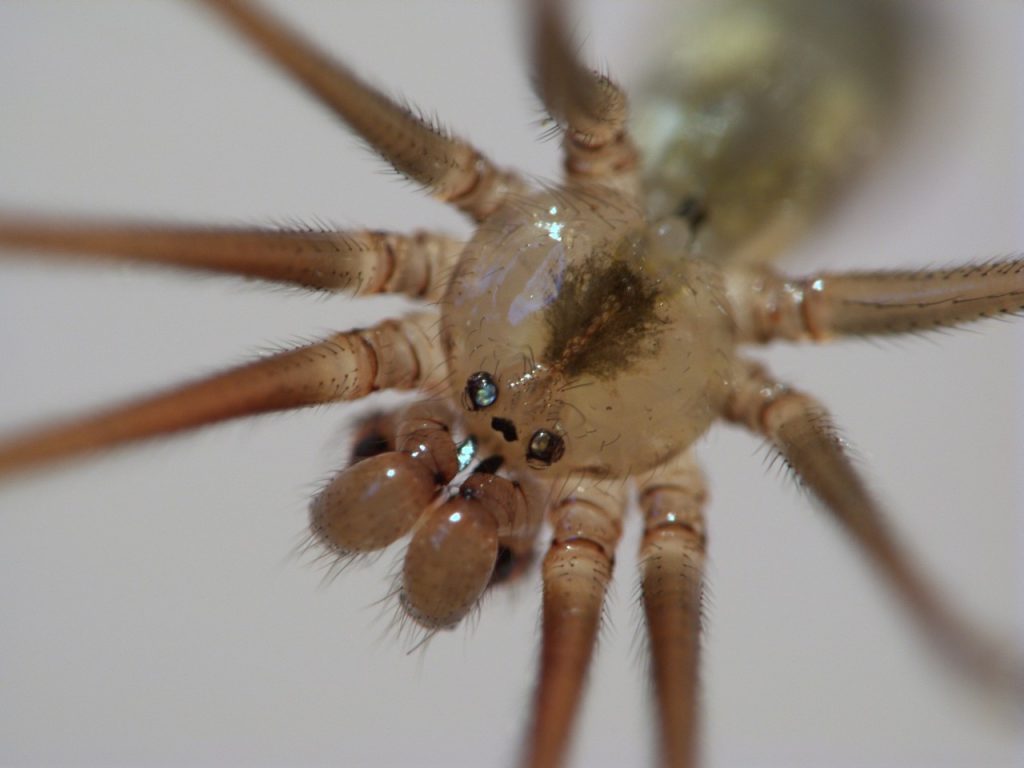
Spiders, commonly feared and often killed on sight, are another group of insects that deserve a second chance. All homes have spiders, and despite their fearsome reputation, they rarely bite humans. In fact, indoor spiders are beneficial as they prey on other insects, maintaining a natural balance within our living spaces. Spiders are often found in quiet, undisturbed areas such as corners, windows, and basements, where they set up their webs to catch unsuspecting pests.
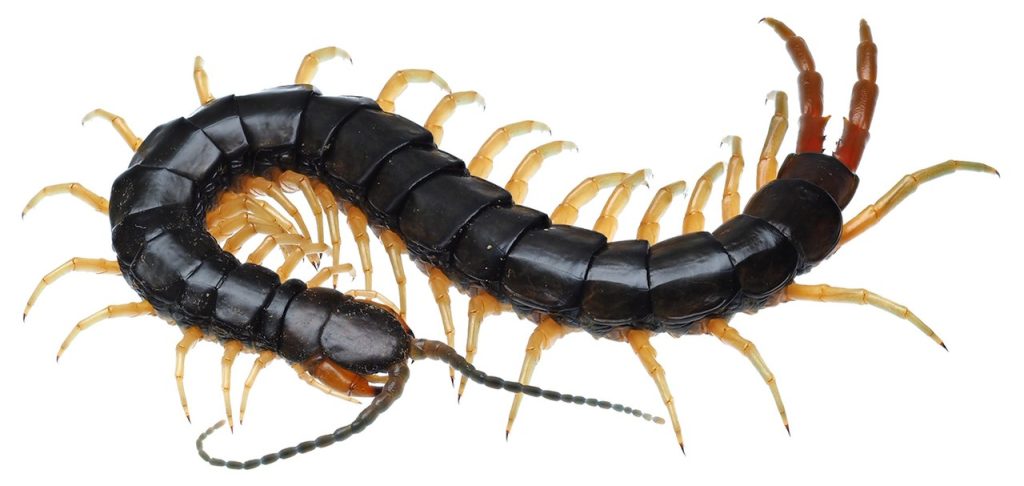
The ecological roles of these insects highlight the importance of understanding and respecting the natural world. While it is understandable to want to keep our homes free from unwanted intruders, it is equally important to recognize the benefits these creatures bring to our gardens and the broader environment. Killing earwigs, centipedes, and spiders not only disrupts this balance but also deprives us of their natural pest control services.
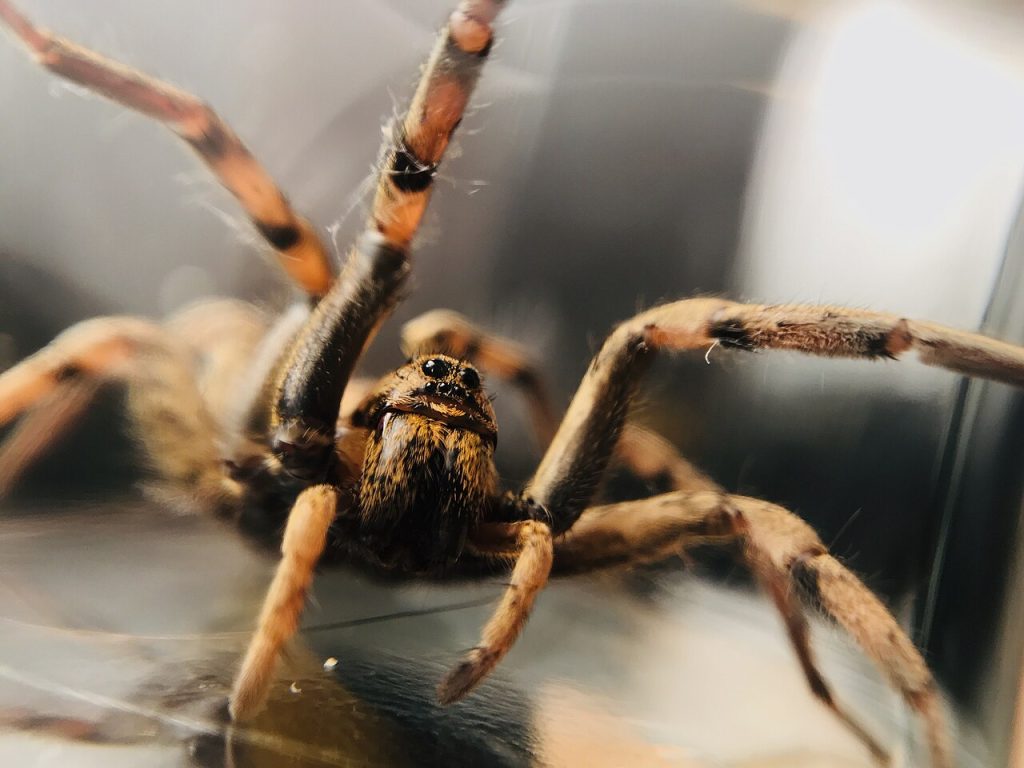
Encouragingly, more people are beginning to adopt humane methods of dealing with household pests. By using traps and relocating beneficial insects like earwigs, homeowners can maintain a healthier garden ecosystem. Similarly, tolerating the presence of centipedes and spiders within reasonable bounds can reduce the need for chemical pest control methods, leading to a safer and more natural home environment.
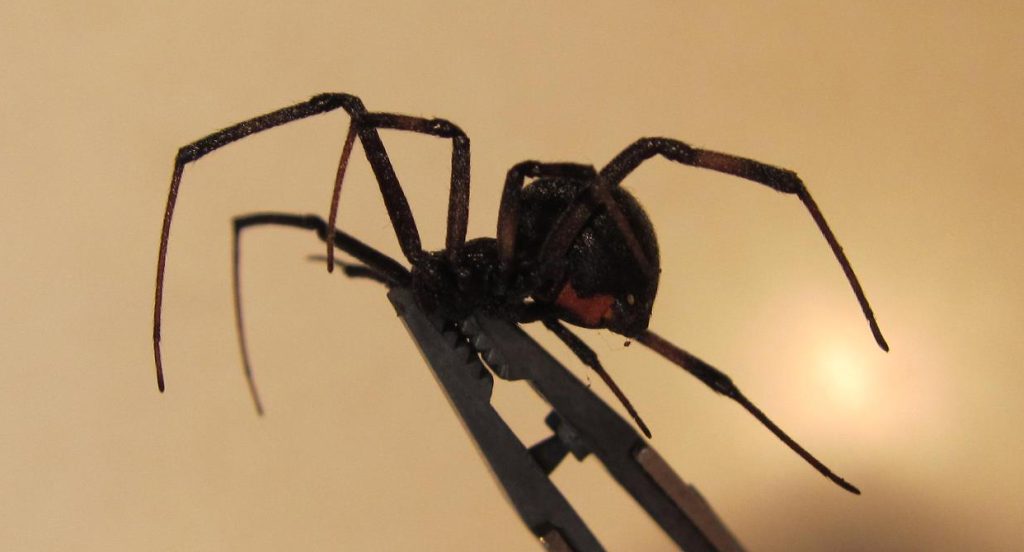
Earwigs, centipedes, and spiders, while often seen as nuisances, are crucial components of our natural ecosystem. They provide essential services that enhance garden health and reduce the prevalence of more problematic pests. Understanding their roles and implementing humane methods of management can lead to a more balanced and sustainable approach to household pest control. There are a few spiders you don’t want in your home, black widows with their red hourglass marking are venomous and should be disposed of by professionals.
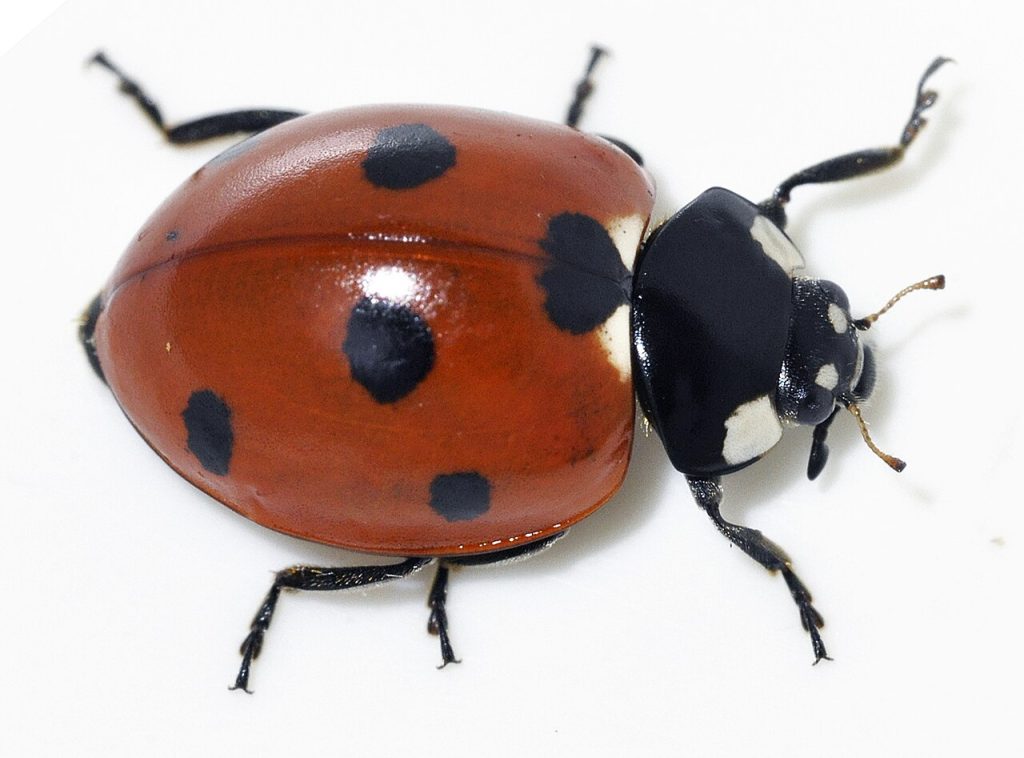
So it’s not just lady bugs that are good. As we strive for more eco-friendly living practices, rethinking our relationship with these insects is a small but significant step. By recognizing their contributions and handling them with care, we not only protect our gardens and homes but also support the broader environmental health. After all, every creature has its place in the web of life, and even the most seemingly insignificant insects play a part in maintaining the delicate balance of our ecosystems.
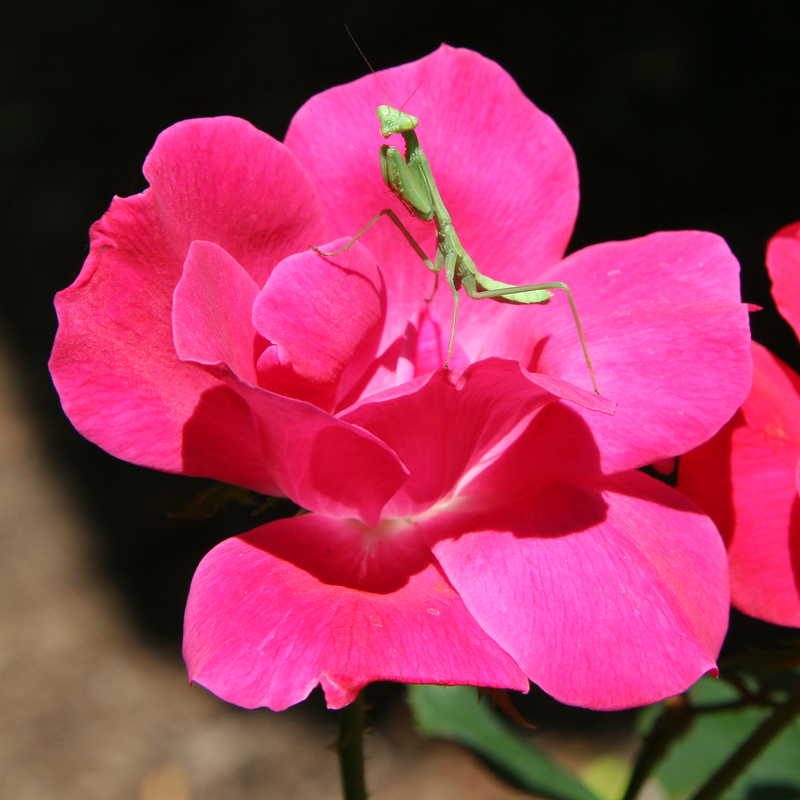
While you wouldn’t think of killing a lady bug or Preying Mantis ,the next time you spot an earwig in your kitchen, a centipede in your bathroom, or a spider in your basement, consider the bigger picture. These small creatures, though unsettling to some, are your silent partners in the ongoing effort to keep your home and garden thriving naturally. Embrace their presence, manage them humanely, and enjoy the benefits of a more balanced ecosystem right at your doorstep.

